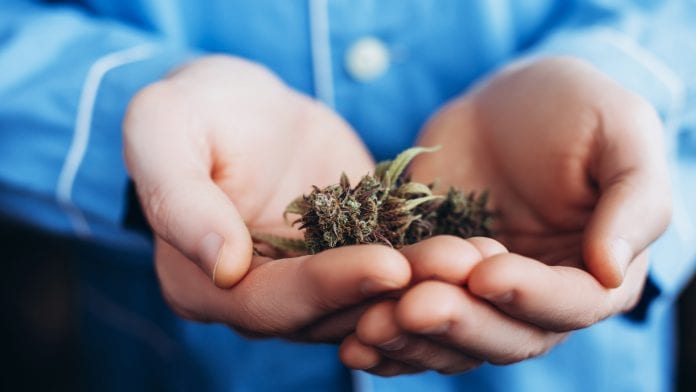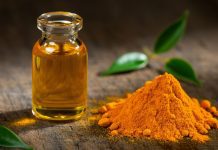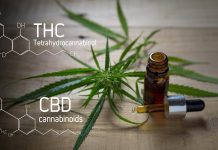
Whether cannabis increases a person’s risk of suffering a stroke is still unclear. A new study explored whether there was a connection between recent cannabis use and the risk of ischemic stroke.
To date, some studies have found that cannabis increases the risk of stroke, whilst others have found there is no risk. The new study, published in Neurology® Clinical Practice, an official journal of the American Academy of Neurology, looked at whether the risk of having an ischemic stroke – a stroke caused by a blockage in a blood vessel, such as a blood clot – was increased in people who use cannabis.
An observational study
The observational study looked at 9,350 people over the age of 18 who had been admitted to hospital who were then tested for recent drug use, with those testing positive for cannabis only being selected. The results showed that 18% tested positive for cannabis and of those only 8% had an ischemic stroke. However, when looking at those with negative test results for cannabis, 16% had an ischemic stroke.
Also, after adjusting for other factors that affect stroke risk the study found that there was no link between recent cannabis use and either an increased or decreased risk of stroke.
Author of the study, Carmela San Luis, University of Mississippi, Jackson and a member of the American Academy of Neurology, said: “Previous studies that investigated cannabis use and risk of stroke have had conflicting results, some showing a decreased risk and others showing a greatly increased risk.
“Our observational study looked specifically at recent cannabis use by reviewing drug testing data for people admitted to the hospital. While more research is needed with larger numbers of people, our study lends support to the studies showing that cannabis use does not increase the risk of stroke.”
Limitations of the study
The authors emphasise that the study was observational, so the findings do not prove that using cannabis has no impact on stroke risk, but that there was an association. Also, the study captured only whether people had used cannabis recently and did not collect information about how much was used or other use history.
San Luis said: “Our research adds to the list of studies with conflicting results, so it is important to continue to investigate stroke risk and cannabis use. Future studies are now needed in larger groups of people that not only include data from drug screenings but also dosing amounts as well as a person’s history of cannabis use.”
Information on synthetic cannabis was not available, and researchers were unable to adjust for risk factors such as physical inactivity and body mass index, which were further limitations of the study.









